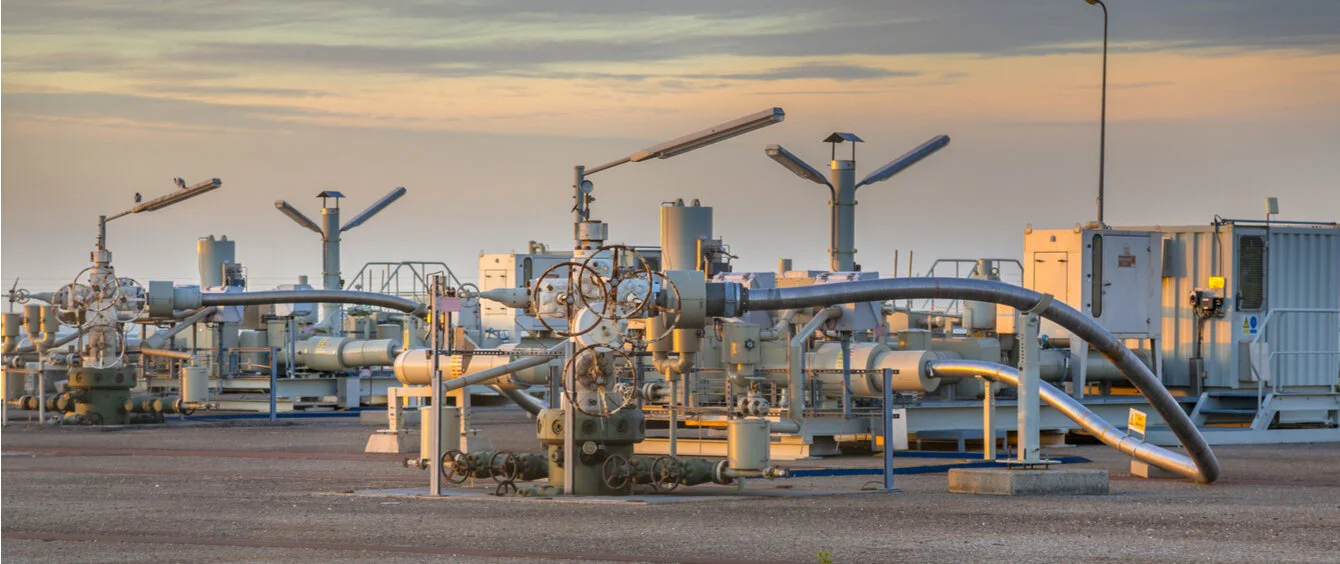Natural gas was discovered deep underground near the Dutch town of Groningen around 60 years ago – a discovery that would have a marked effect on the nation as a whole, for it would soon transpire that the Groningen gas field was in fact the biggest in the European Union and the tenth-largest in the world. According to estimates, the field contains as much as 2,800 billion cubic metres of natural gas. The discovery and extraction of these vast amounts of gaseous fuel, beginning in 1963, gifted the Netherlands with an economic boom and gas from the Groningen field was soon not only integral to Dutch energy supply but also that of neighbouring countries such as Belgium, Germany and France.
Therefore, the announcement of Dutch Minister of Economic Affairs Eric Wiebes this autumn that he intends to end extraction in Groningen by mid-2022 understandably caused quite a stir. Until then, the government in The Hague had cited 2030 as being the deadline for the phaseout of natural gas. Dutch media outlets such as Algemeen Dagblad, Financieel dagblad and NRC as well as international publications such as SZ and the Washington Times reported on the matter.
One exception to the early phaseout plan remains: Extraction shall remain possible during very cold winter months, if warranted by demand for gas. However according to government plans, the gas valves are to be turned off for good come 2026. Furthermore, between now and then, production is to be significantly curtailed – from 15.9 billion cubic metres planned in 2020 to just 11.8 million cubic metres.
Although large amounts of natural gas still lie untapped under the ground, the future of extraction has become increasingly bleak. The topic has simply become too controversial since scientists and government authorities have established a causal link between frequent local earthquakes and hydrocarbon exploration, with an earthquake having a magnitude of 3.6 on the Richter scale in 2012 ultimately leading to a shift in public opinion.
But what will be the consequences of this premature end to extraction? Financieel dagblad has looked at the matter in detail, highlighting the effects on national energy supply, in particular. The Netherlands is more dependent on gaseous fuel than any other country in the EU. According to the findings of a survey conducted by the Oxford Institute for Energy, the share of natural gas in the total energy mix has remained constant for years at around 40 percent, well above the EU average of 23 percent.
This past year, total gas consumption was as high as 36.5 billion cubic metres, despite natural gas fields in Groningen together with other smaller fields only yielding 33 billion cubic metres. This, for the first time ever according to the British survey, makes the Netherlands a net importer. What with the early phaseout and the limited extraction in Groningen, gas imports are becoming ever more important to cover demand. By 2025, net imports of as much as 25 billion cubic metres could be necessary, meaning more gas from Russian pipelines and more liquefied natural gas (LNG), shipped from Qatar or the US by freighter.
But the transition will not be that straightforward. Domestically produced gas has a lower calorific value than that of imported fuel. In order for it to be used in Dutch households, high-calorific natural gas must be converted into low-calorific gas using nitrogen. For this purpose, a large nitrogen factory is to be opened near Zuidbroek in 2022. In addition, existing gas storage facilities will be expanded.
Photo credits: Rudmer Zwerver, shutterstock.com
